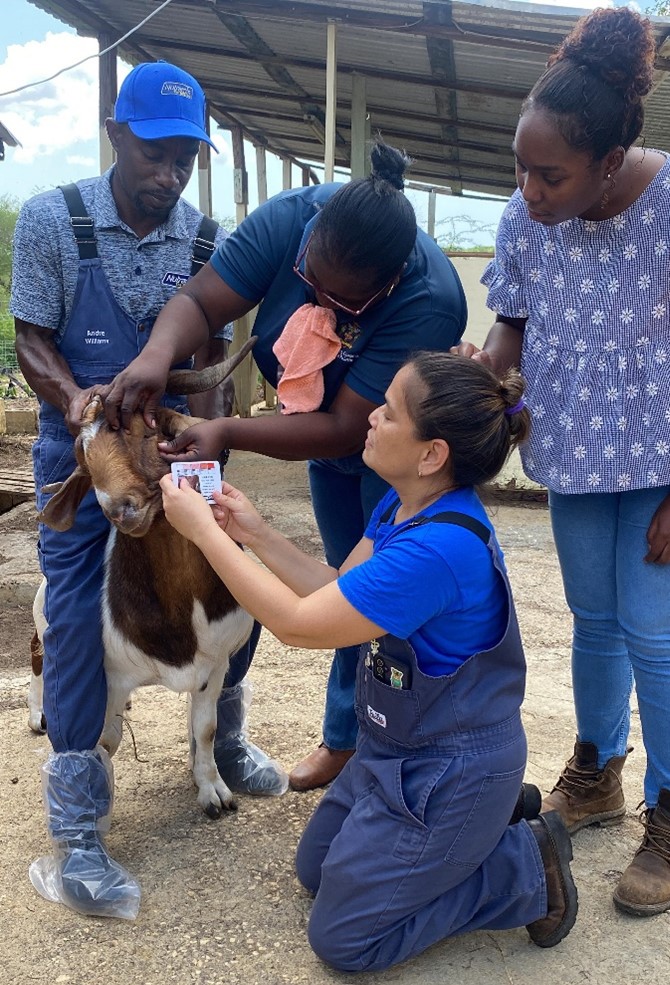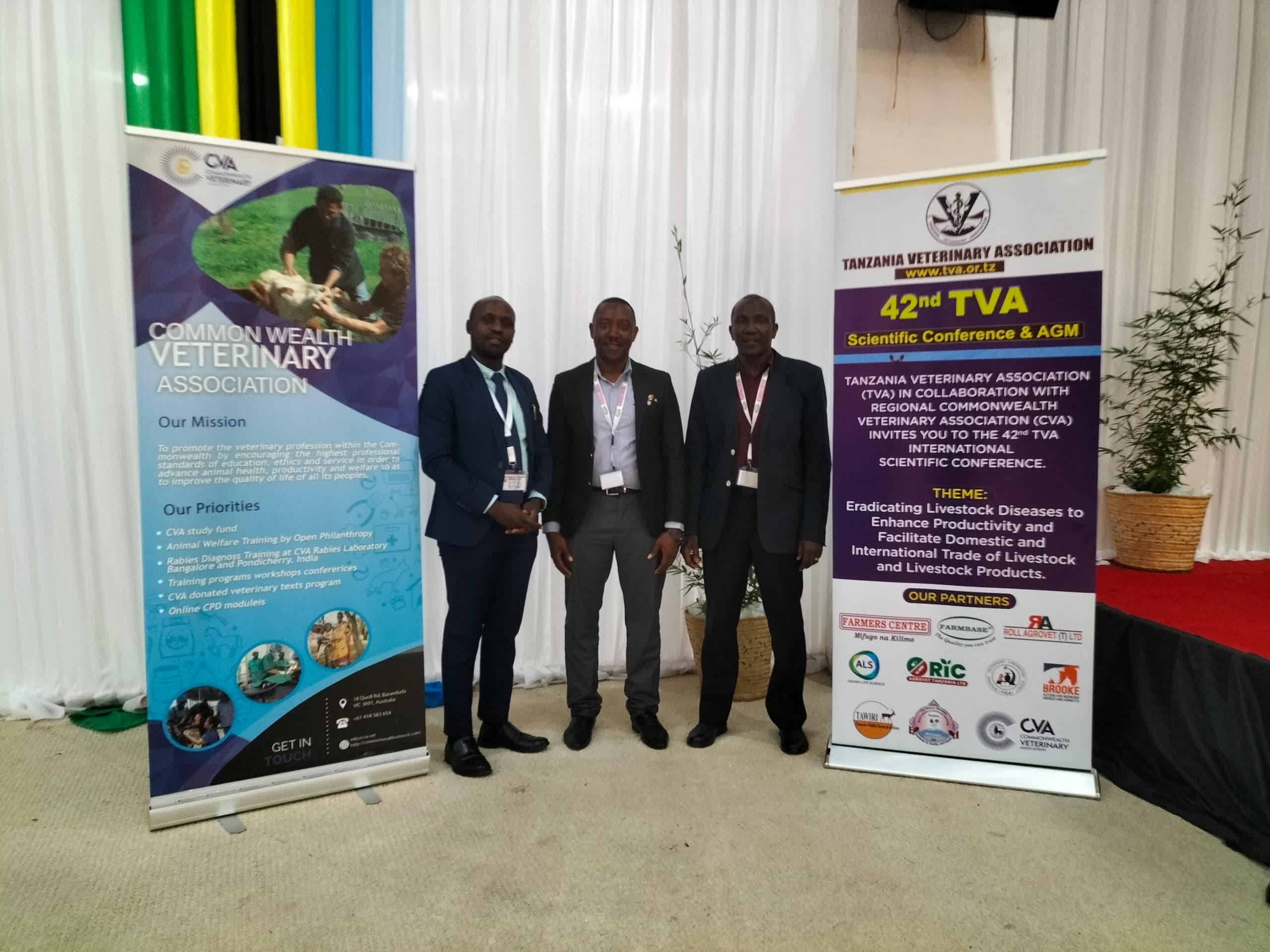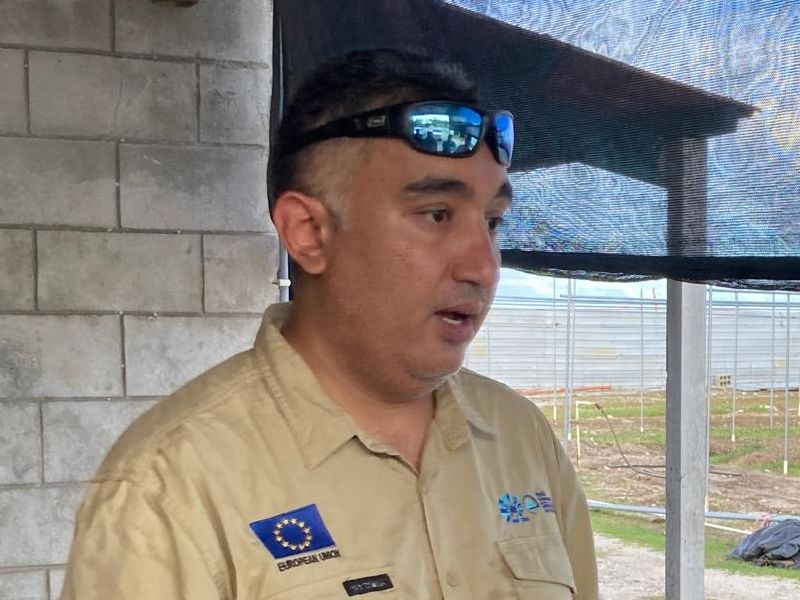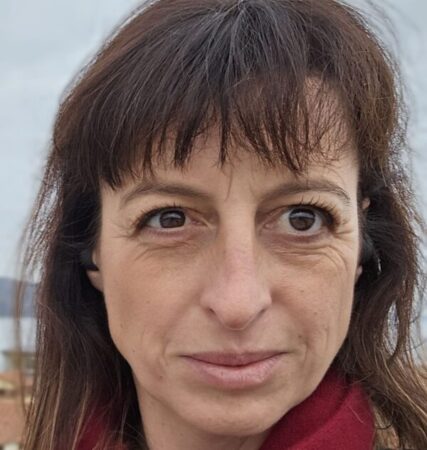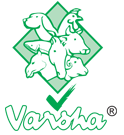As a recipient of the CVA Study fund scholarship to study “A Veterinary Approach to Sustainable Food and Farming”, it was an eye-opening experience and well worth the time and effort. It was an eight-month commitment to attend on-line sessions and self-learning through ten modules. The modules spanned -how to become a sustainable practitioner, better farming practices, outlining agroecological, organic and regenerative principles and how do we, as veterinarians, persuade and implement change with farmers.
I found this course very insightful both professionally and personally. For the last twelve years, I have been running a medium sized farm with dairy goats and sheep in Jamaica and have always wanted to do practices that are sustainable and not harmful to the environment. The modules on better and efficient farming and regenerative farming resonated with me, as it was instructional on how to improve the fertility and microbiome in the soil by using organic manure to add texture and nutrients to the soil and increase the dung beetle and earthworm population. Adding herbal leys and planting trees in pastures add a different nutrient profile to the pasture and the trees improving soil structure and providing shade for animals. Over the time of study, some of these methodologies were implemented on the farm and included the neighbouring farms, within this short space of time myself and my neighbouring farmers are already seeing the difference in the pastures and the animals enjoy the variety. The course culminated with examining the business aspects of sustainable farming and how veterinarians can use different techniques of persuasion and psychology to motivate change in traditional farming practices. I connected well with regenerative farming practices as I thought these systems are practical and easy to implement. The course focuses on leading by example and that veterinarians play a critical role in influencing better framing practices.
Gabrielle Young DVM – Jamaica
